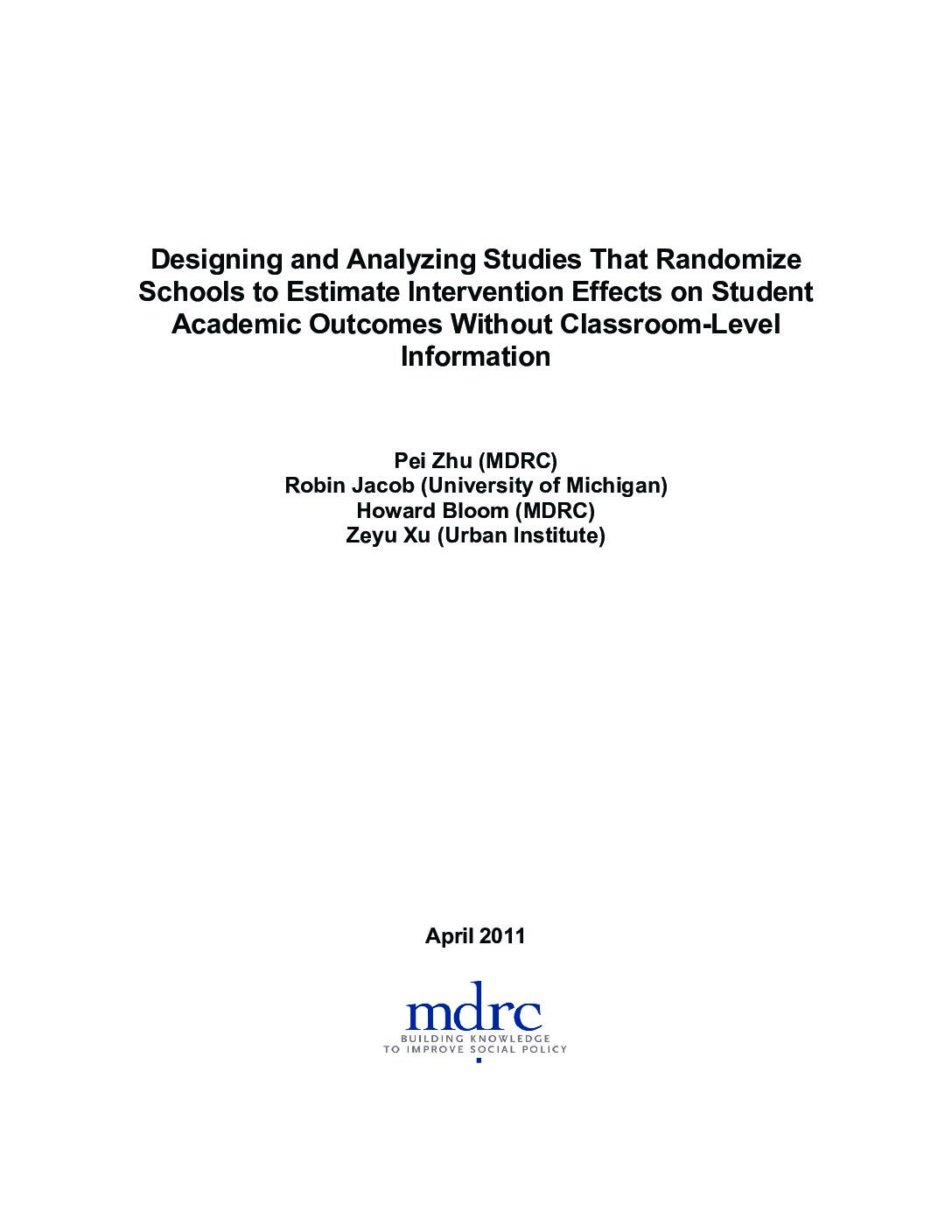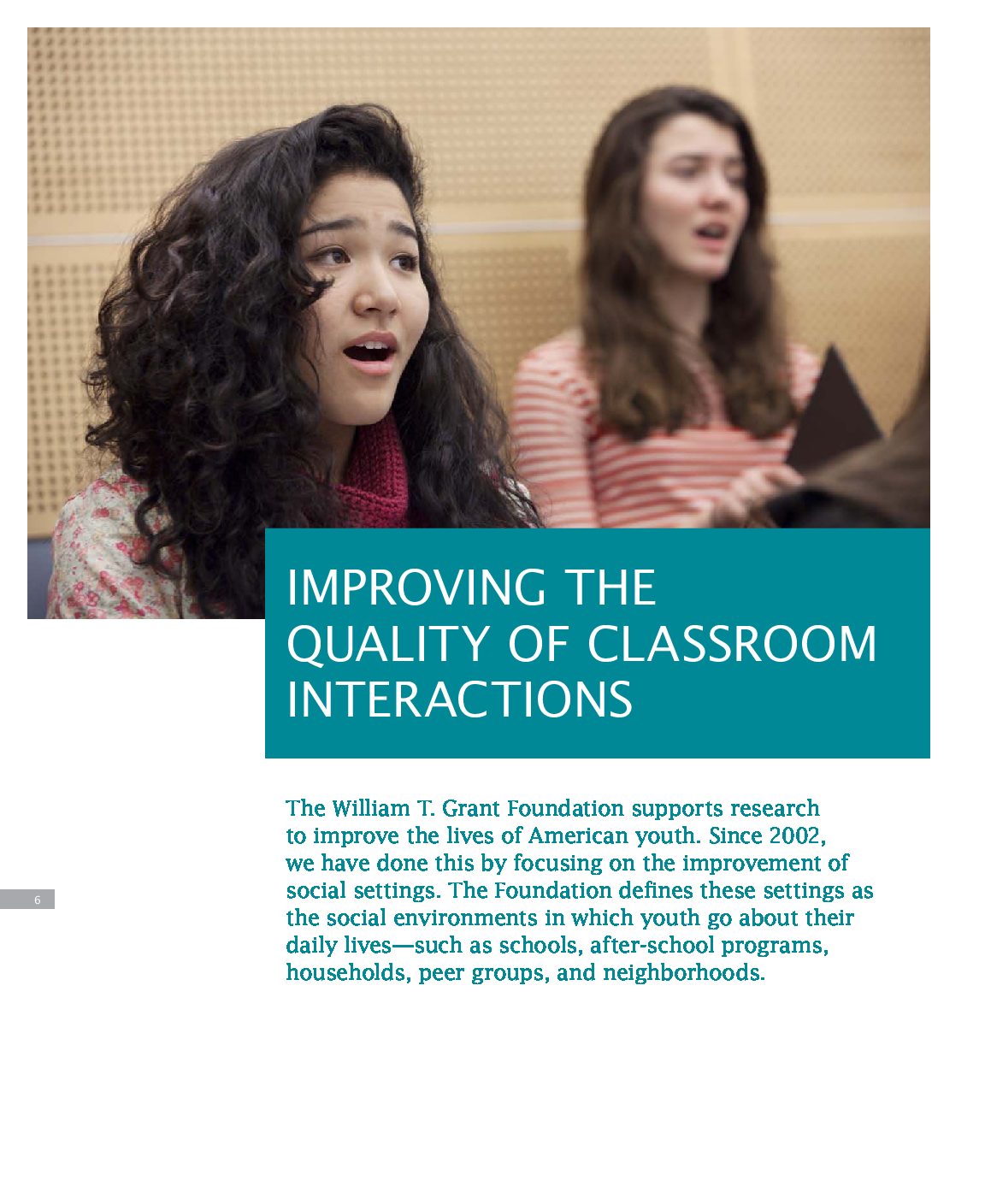Abstract
Background
Prior research has focused primarily on empirically estimating design parameters for cluster-randomized trials (CRTs) of mathematics and reading achievement. Little is known about how design parameters compare across other educational outcomes.
Objectives
This article presents empirical estimates of design parameters that can be used to appropriately power CRTs in science education and compares them to estimates using mathematics and reading.
Research design
Estimates of intraclass correlations (ICCs) are computed for unconditional two-level (students in schools) and three-level (students in schools in districts) hierarchical linear models of science achievement. Relevant student- and school-level pretest and demographic covariates are then considered, and estimates of variance explained are computed. Subjects: Five consecutive years of Texas student-level data for Grades 5, 8, 10, and 11.
Measures
Science, mathematics, and reading achievement raw scores as measured by the Texas Assessment of Knowledge and Skills. Results: Findings show that ICCs in science range from .172 to .196 across grades and are generally higher than comparable statistics in mathematics, .163-.172, and reading, .099-.156. When available, a 1-year lagged student-level science pretest explains the most variability in the outcome. The 1-year lagged school-level science pretest is the best alternative in the absence of a 1-year lagged student-level science pretest.
Conclusion
Science educational researchers should utilize design parameters derived from science achievement outcomes.





